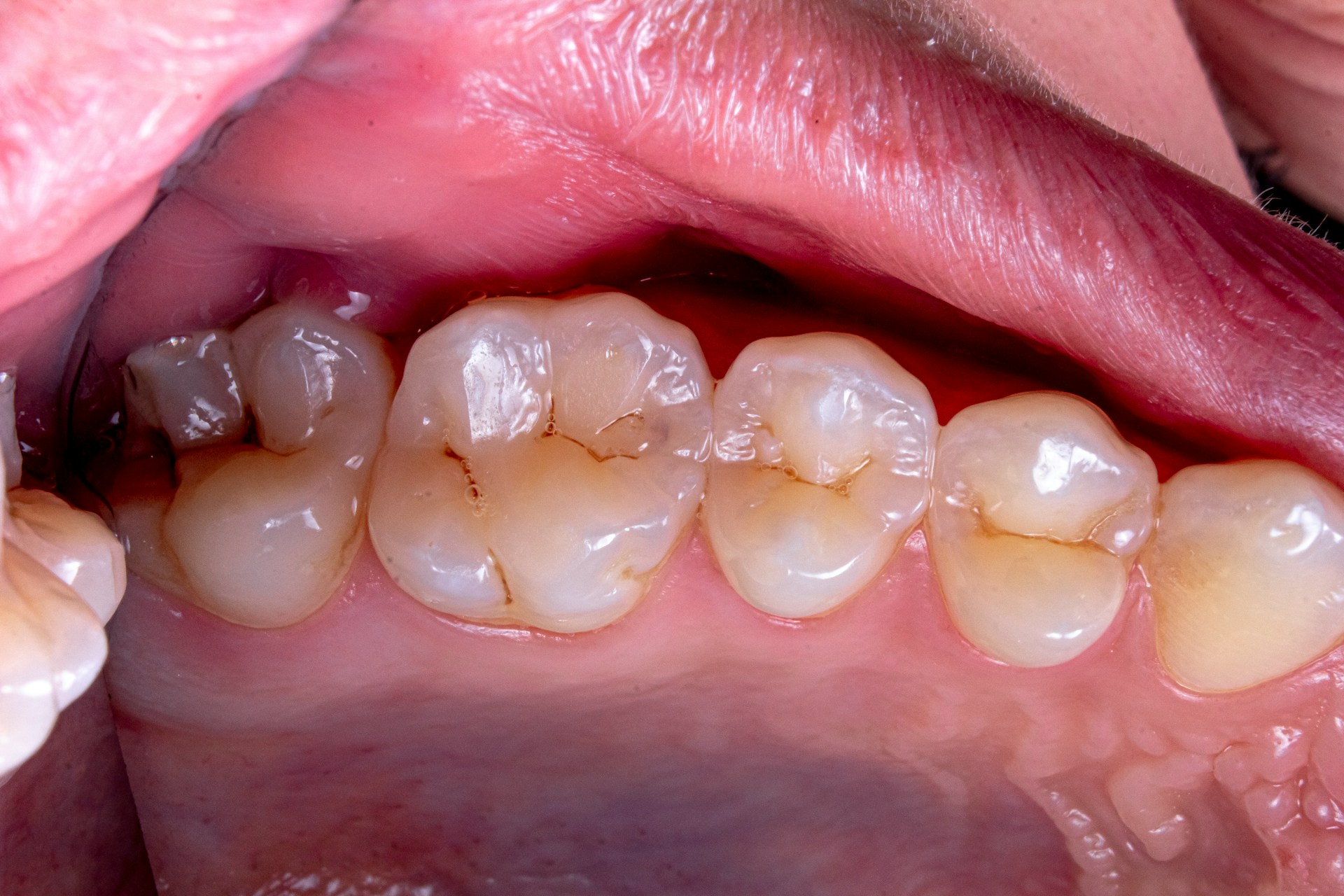Germany wants to be Europe’s military power. China could get in the way.
BERLIN — Friedrich Merz wants to turn Germany into Europe’s leading military power. But China still holds the reins thanks to its control of critical minerals needed by Europe’s defense industry.
“If China-sourced materials suddenly fall away, that could stop our defense industrial plans in their tracks,” warned Jakob Kullik, a researcher at Chemnitz University of Technology and an expert on rare earth policy.
The German chancellor’s plan to make his country’s armed forces “the strongest conventional army in Europe” comes with an unprecedented price tag. Berlin has pledged to spend hundreds of billions on defense through 2029, shattering decades of fiscal restraint.
A good portion of that money is already in motion. Orders for military vehicles are running into four digits, missile production is ramping up and demand for ammunition is rising fast.
Defense firms are racing to retool factories and resurrect long-idle production lines — with the hope of reviving an industrial base that faded after the Cold War.
But the rearmament is being built on a fragile foundation.
Critical mineral dependency
Every tank, missile or drone ordered as part of the country’s rearmament push depends on raw materials few people outside the defense industry could name.
According to the Federation of German Industries, or BDI, the country’s largest industrial lobby group, rare earth elements like neodymium and dysprosium, along with tungsten, graphite, titanium and high-purity magnesium, are the backbone of high-end military systems. They power radar arrays, electric motors, missile guidance fins, thermal sights and drone propulsion — the guts of modern warfare.
Most of them come from China.
The BDI warns the EU imports 95 percent of all its strategic raw materials — and relies on non-EU countries for 90 percent of them. Germany’s own domestic processing is nearly nonexistent. China, meanwhile, controls more than 50 percent of global processing for many critical minerals — and up to 86 percent in some of the most defense-relevant ones, including gallium and germanium.

The risk becomes more serious the more advanced the weapons get. Eurofighter jets rely on strong, lightweight titanium — primarily processed in China — for their frames and special heat-resistant metals in their engines. Rheinmetall confirmed its armor-piercing tank shells use dense tungsten cores.
When contacted by POLITICO, Germany’s economy ministry acknowledged the raw material risks for the defense sector but provided no specific data, referring instead to industry associations like BDI.
However, the threat is not just theoretical. China is actively limiting exports of critical raw materials to Western defense firms, causing production delays and cost spikes across the industry. It’s a particular concern to the U.S., especially after Beijing blocked the export of 11 critical materials in response to Donald Trump’s tariffs — a restriction since lifted.
“Macroeconomically, this is a major risk — no question,” said Kullik. Even if Beijing keeps exports open, he warned, the structural dependency remains. “All countries that use these technologies — France, Spain, the U.K. — they all rely on the same supply chains, and they all lead back to China.”
EU too soft, Berlin too slow
While the EU has promised to secure access to key minerals, Kullik argues it hasn’t drawn the necessary strategic conclusions. “This is the one area I think we’ve completely neglected — both in the EU and in Germany,” he said.
The legal frameworks on either side of the Atlantic are starkly different. Washington treats them as strategic assets, with laws like the Defense Production Act allowing the government to fund domestic mining, steer supply chains and prioritize defense needs in emergencies. The U.S. maintains a national reserve through the Defense Logistics Agency — a federal safety net designed for wartime contingencies. Despite that, it continues to need China.
Brussels, by contrast, has taken a softer path: the Critical Raw Materials Act establishes high-level targets and frameworks, but leaves actual implementation to voluntary coordination among member countries — with no central authority backing enforcement. “We don’t have a state stockpile, unlike with gas or oil,” said Kullik. “This kind of preventive, strategic preparedness — I just don’t see it yet.”
Some lawmakers in Berlin say the EU’s current approach simply doesn’t go far enough.
Vanessa Zobel of the conservative Christian Democrats, a member of the Bundestag’s economic affairs committee, is critical of the EU’s Critical Raw Materials Act, calling it well-intentioned but ineffective. “It names the problem, but gets lost in bureaucracy,” she said. Instead, she argues, national governments need to step in where Brussels hesitates — especially when it comes to defense.
According to Zobel, Germany’s raw materials dependency is a direct threat to national security. “Without secure supply chains, there can be no credible military deterrence,” she said. “Making ourselves this dependent in security-critical areas is reckless.”

While she supports creating national stockpiles, Zobel sees that as only a short-term fix. “A strategic reserve makes sense in times of crisis, but every stockpile is finite,” she said. “If we want true resilience, we have to make structural changes.”
That means reactivating Germany’s own resources. “We’ve been too complacent for too long,” she added, pointing to unused lithium deposits and the political resistance to domestic mining. “Anyone who wants a resilient defense industry must authorize mining sites, approve extraction, and prioritize funding.”
The broader message is that Germany must stop relying on market forces and start thinking like a geopolitical actor. “The Zeitenwende has to show up in our thinking,” she said, referring to former Chancellor Olaf Scholz’s pledge to fundamentally shift Germany’s approach to security and defense after Russia’s invasion of Ukraine. “Everything is political. Everything is strategic.”




















:quality(85):upscale()/2023/09/18/918/n/1922398/a1136b676508baddc752f5.20098216_.jpg)
:quality(85):upscale()/2025/10/09/670/n/1922283/00b944c868e7cf4f7b79b3.95741067_.jpg)
:quality(85):upscale()/2025/10/15/765/n/1922398/29c37a6e68efd84bb02f35.49541188_.jpg)
:quality(85):upscale()/2025/09/09/891/n/1922283/7222624268c08ccba1c9a3.01436482_.png)





![Tanpopo Restaurant / TRAIL [practice]](https://images.adsttc.com/media/images/6942/797e/c3f4/d500/0127/6d68/medium_jpg/1497_TANPOPO___Margarita_Nikitaki_3000px.jpg?#)










